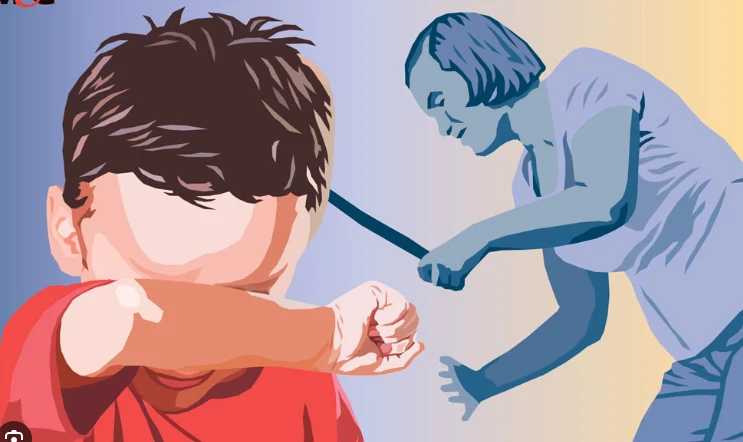Nearly 400 million young kids violently disciplined at home: UNICEF

Stay tuned with 24 News HD Android App

Nearly 400 million children under the age of five -- roughly 60 percent in that age group globally -- experience violent physical or psychological discipline at home, from spanking to insults, the UN Children's Fund (UNICEF) said late Monday.
The new UNICEF estimates reflect data from 100 countries collected from 2010 to 2023, and covers both "physical punishment" and "psychological aggression."
For UNICEF, psychological abuse can include screaming at a child, or calling them "stupid" or "lazy," while physical abuse includes shaking, hitting or spanking a child, or any action intended to cause physical pain or discomfort, without injury.
Of those nearly 400 million children, about 330 million of them experience physical punishment, the UN agency said.
And even if more and more countries are banning corporal punishment of children, nearly 500 million children under the age of five are not legally protected against such practices.
More than one mother or responsible adult in four believes that physical punishments are necessary to properly educate their children, according to UNICEF.
"When children are subjected to physical or verbal abuse at home, or when they are deprived of social and emotional care from their loved ones, it can undermine their sense of self-worth and development," UNICEF Executive Director Catherine Russell said in a statement.
"Nurturing and playful parenting can bring joy and also help children feel safe, learn, build skills, and navigate the world around them."
For the first time, UNICEF published findings on the access children have to being able to play, to mark the first-ever International Day of Play on June 11.
According to data from 85 countries, one out of every two children at age four cannot play with the person who takes care of them at home, and about one in eight children under the age of five does not have any toys at all.
About 40 percent of children aged two to four do not get enough stimulation or meaningful interaction at home.
And one out of 10 does not have access to activities "critical to promoting cognitive, social, and emotional development, like reading, storytelling, singing, and drawing," UNICEF said.
"On the first International Day of Play, we must unite and recommit to ending violence against children and promoting positive, nurturing, and playful caregiving," Russell said.
